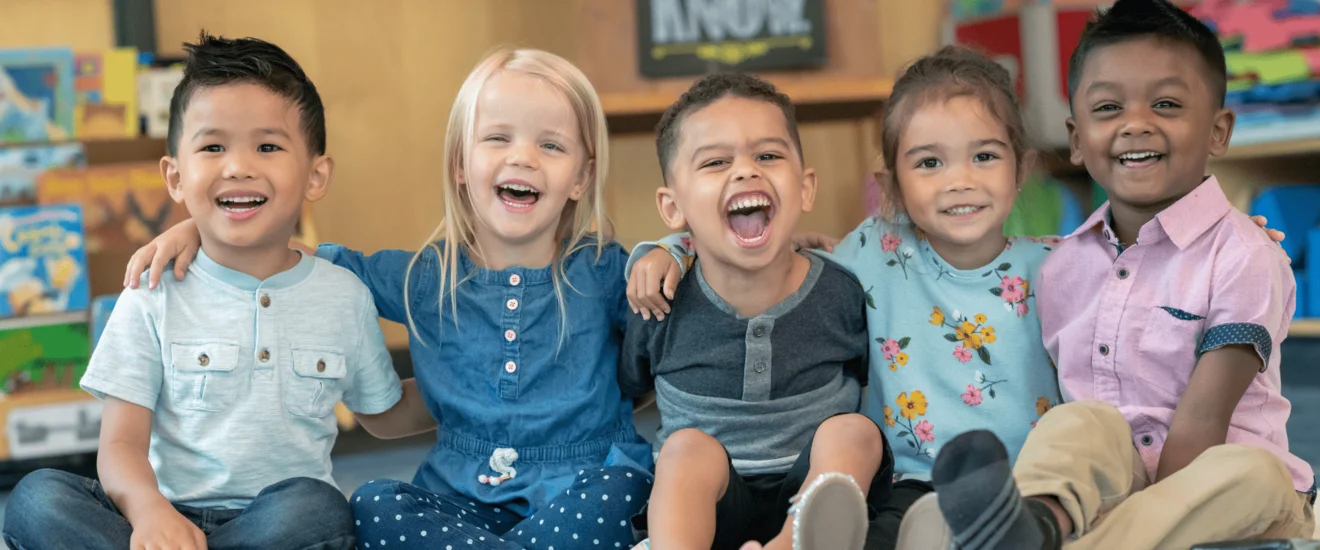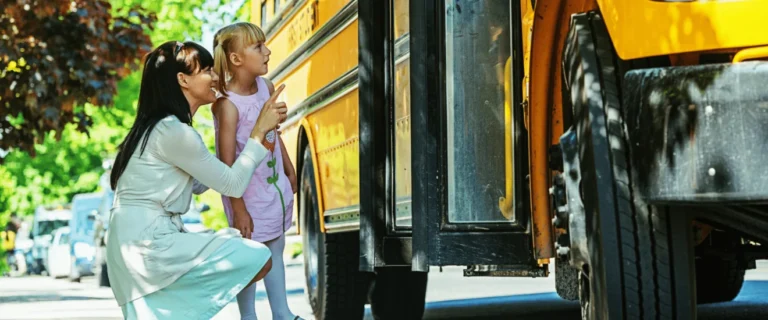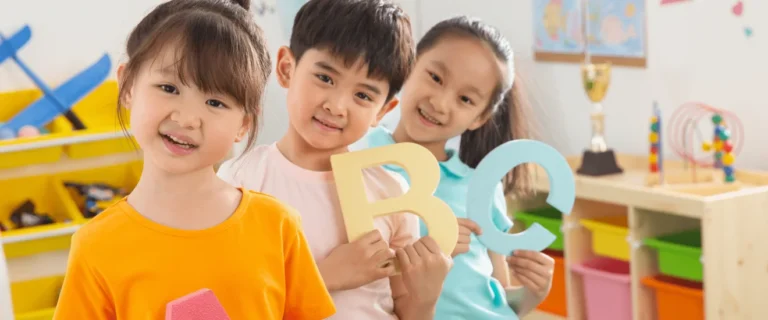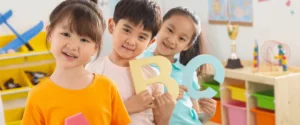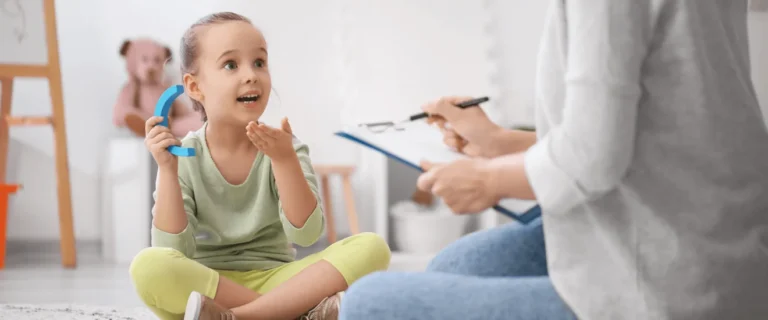Determining if your child with autism is ready for preschool can be both an exhilarating and challenging time. You may be excited (and a little anxious) to have your child start their formal educational journey. However, it is important that your child is prepared and well-equipped to be successful in a school setting.
While each child is unique, understanding key developmental milestones can help you assess whether or not your child is ready to start school.
Important Skills for Your Child to Have Before Starting Preschool
There are many important skills that can help ensure a smoother transition for successful learning in a preschool environment for children with autism. Some of those skills for your child to have include:
- Following 1-2 step instructions
- Paying attention for 5 minutes
- Looking at a picture book for 5 minutes
- Counting items one by one, up to 5
- Asking for items using 1-2 words
- Pointing to items of interest
- Responding to their name
- Following simple routines like clean-up time
- Feeding themselves finger foods
- Carrying toys and items to different locations
You can click here for a more comprehensive list of skills important for children to master before starting preschool.
Behaviors to Reduce Before Your Child Starts Preschool
For many children, with and without autism, preschool may be their first time away from home and in a group setting. To help ensure your child can engage safely and has a positive experience in a group setting, it is important to reduce certain behaviors such as:
- Elopement (running away)
- Non-responsiveness to safety instructions
- Invading personal space
- Lengthy tantrums
- Disruptive behaviors such as aggression, resistance to transitions, tearing, breaking, etc.
ABA and Preschool Readiness for Children with Autism
Early intervention is crucial for children with autism and Applied Behavior Analysis (ABA) is a highly effective approach for helping children with autism develop the foundational skills needed for success in preschool. ABA therapy uses evidence-based techniques to improve areas of child development, including communication, socialization, and daily living skills.
ABA can be tailored to meet the unique needs of a child, helping them gain the skills they need to thrive in preschool. Be sure to talk with your child’s BCBA regularly about your child’s goals, progress, and any concerns you may have.
Every child is unique and will progress at their own pace. It is important to support and meet your child where they are and help them work towards their educational goals so they will be well equipped and prepared to be successful in a school setting. Your child’s BCBA can help guide you and your family through this journey.
Click here to learn more about Opya’s ABA Program and how we can help your child prepare for preschool!
